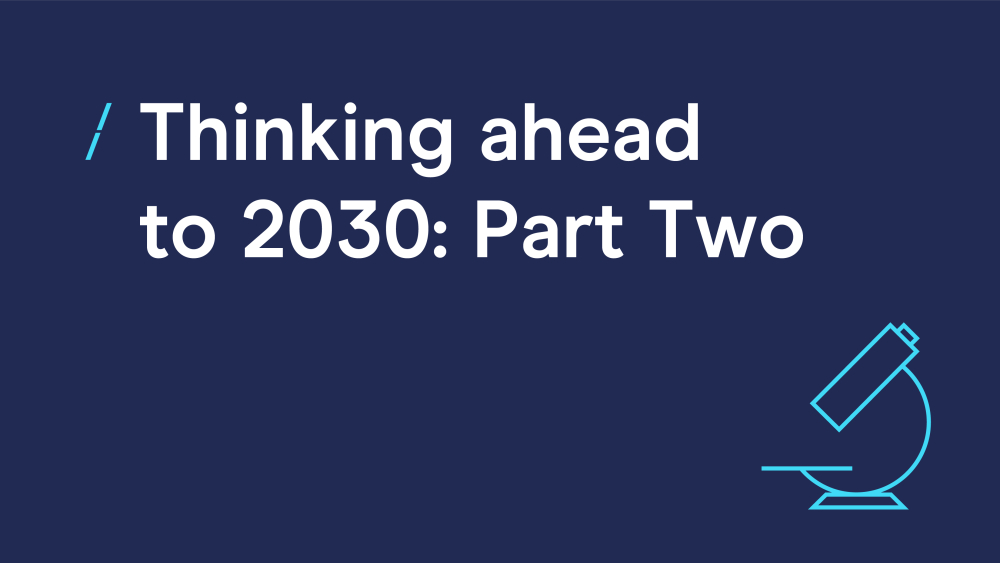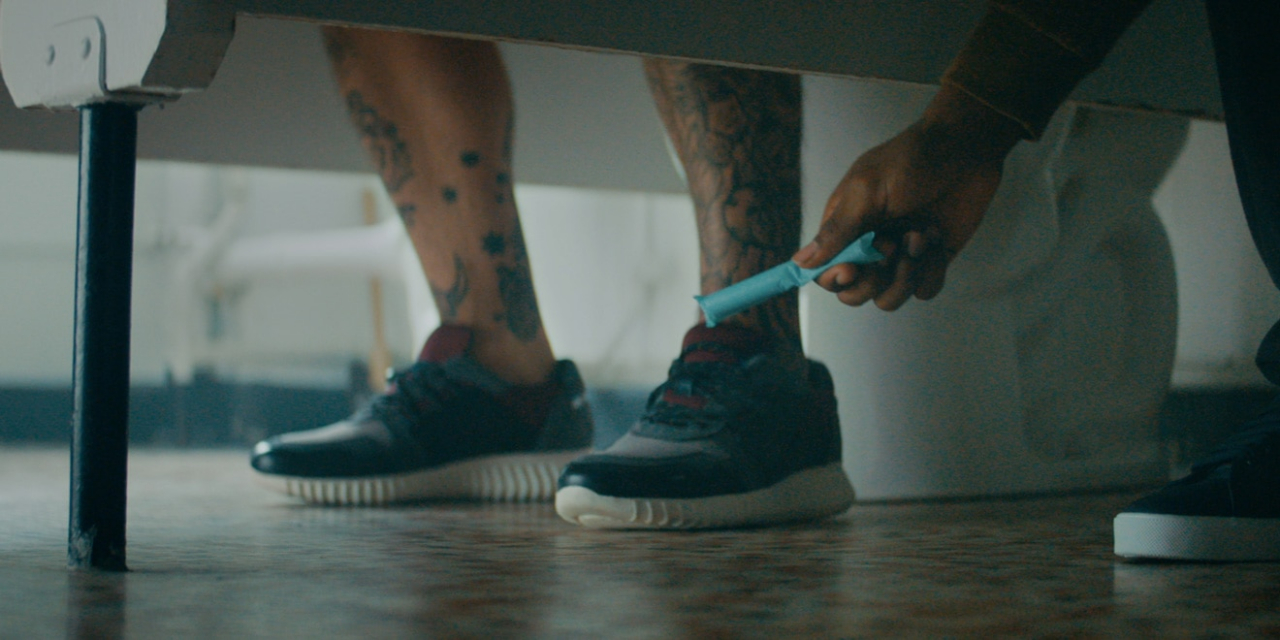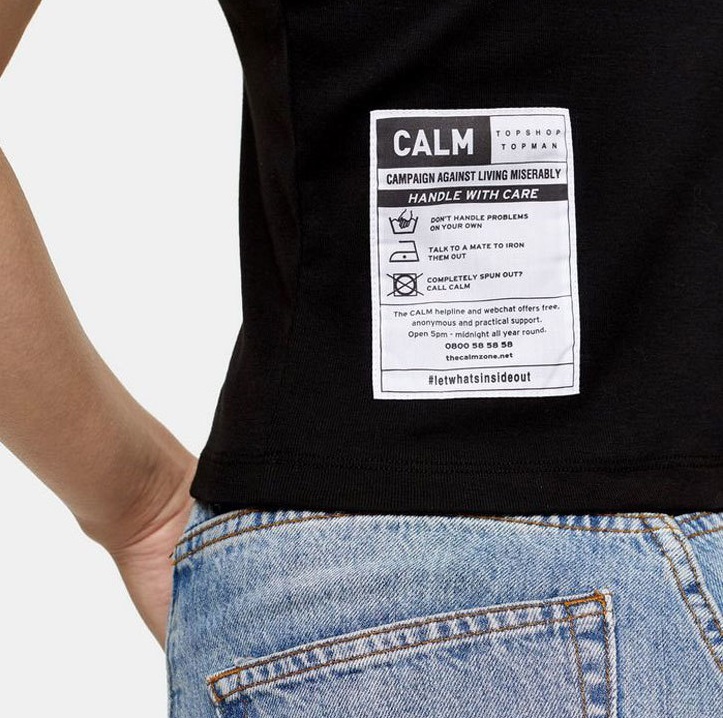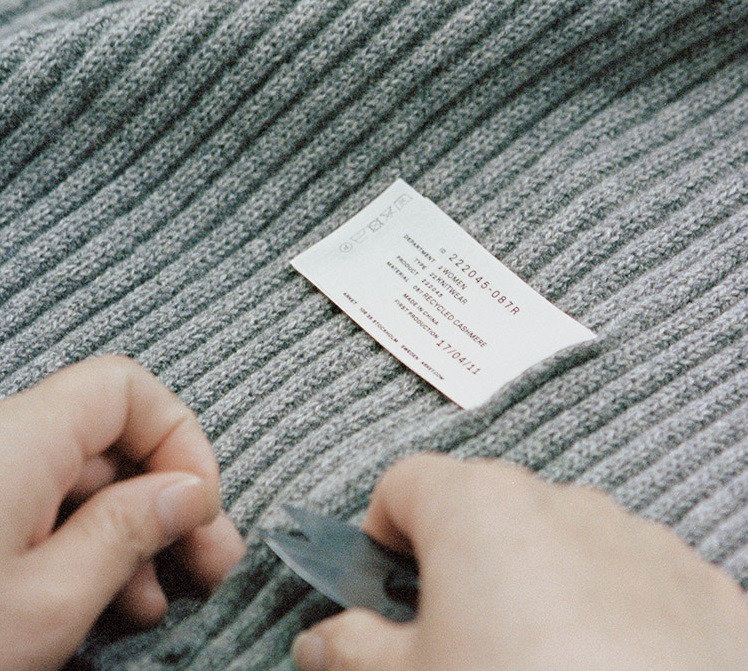Thinking ahead to 2030: Part Two
18 Nov 2019

In our previous article we discussed how trends related to wellbeing, sustainability and technology will impact customers’ future purchase decision.
Here we’ll delve into the four other drivers that Mintel analysed in its Consumer Trend 2030 supported by brilliant case studies among the ones uncovered by Foresight Factory.
A stronger need for personal rights, defined identity, valuable purchases and meaningful experiences are guiding the way and will lead consumer behaviours as well as what brands will have contend with.
4. Rights: Feeling respected, protected, and supported
Consumers feel empowered to point their fingers against those companies, brands, and people they disagree with, generating the so called ‘Cancel culture’ or ‘Call out culture’.
In this social-media-driven world no one can hide and everyone is either expressing an opinion, a critique or receiving one.
Consumers, more than ever, feel the power of their right to tell stories and are always on the lookout to find their voice in the digital era.
People are finding activism not only satisfying, but also fun, collective, relational and experiential. People have that sensation of being part of something bigger.

CASE STUDY
MENstruation: Men get periods too
In October 2019, period-proof underwear company Thinx launched a new ad campaign representing a world where everyone gets periods, both women and men.
The campaign depicts a man staining his bedsheets, another is walking through a locker room with a tampon string trailing out of his briefs.
Thinx’s ultimate goal is normalising menstruation, while also highlighting the convenience and comfort that period-proof underwear affords.
5. Identity: Understanding and expressing oneself and one’s place in society
Identity is personal and becoming increasingly fluid. Consumers are moving away from the rigid definitions of race, gender, and sexuality. At the moment gender is the most common category where this fluidity is taking shape, but it will soon evolve across all aspects of identity and, consequentially, into new product categories.
Despite people becoming more connected than ever before, loneliness and isolation are well known wounds to the modern society. It’s common to see customers replacing emotional connections with digital ones, often losing the sensation of ‘being present’ and ‘feeling alive’.
Brands, social organisations and governments will have the chance to create technology-based solutions to help combat loneliness.
 CASE STUDY
CASE STUDY
Topshop raises awareness about mental health
In a bid to raise awareness around mental health, in October 2019, Topshop released a capsule collection in partnership with the Campaign Against Living Miserably (Calm).
The clothing comes with reinvented apparel care labels which, instead of offering clothing care instructions, they report messages such as “Don’t handle problems on your own” and “Talk to a mate to iron them out”.
For charities, partnering with other brands can be a great way of reaching new audiences - £5 from every item sold as part of Topshop’s metal health campaign collection went directly to Calm.
6. Value: Finding tangible, measurable benefits from investments
While living in one of the most excessive and unsustainable consumption eras a stronger awareness about climate change has struck modern society.
Consumers are taking a closer look at their own consumption habits, trying to make changes today that lead to a better tomorrow.
While consumers are in search of a more mindful approach, trying to commit to environmentally-conscious purchases, they also desire something that is authentic and unique to them.

CASE STUDY
Arket made goods to last
Arket, owned by H&M and headquartered in Stockholm, has as a mission “to democratise quality through widely accessible, well-made, durable products, designed to be used and loved for a long time”. The brand offers a minimal collection of designs compared to other clothing brands and uses high quality fabrics in order to create products able to last.
On product labels and descriptions, the brand breaks down the materials used and whether any of the materials came from recycled sources. Arket also offers guides on how to care for products and prolong their lives .
7. Experiences: Seeking and discovering stimulation
Despite technology making experiences available to the masses, it has also created a demand for offline interactions with brands.
People are both challenging themselves in more demanding ways and seeking thrills in the ‘nothing experience’. What now leads people is a more holistic approach to experiences where being in the moment, undertaking mindfulness activity is just as important as the end result.
Moreover, we are assisting to a renewed focus on older traditions rooted into people’s heritage and nostalgia, able to bring communities together.

CASE STUDY
Personal heritage holiday destinations
In May 2019, Airbnb announced a partnership with 23andMe to recommend travel destinations based on consumers’ heritage.
The process of how this is chosen is that after taking the DNA test through 23andMe and waiting three to five weeks for the results, the person will get back with suggestions for Airbnb rentals and experiences in the countries their ancestors are from.
The popularity of personal genomics services like 23andMe highlights consumer interest in personal self-discovery. By combining this with activities like travel, brands are able to offer consumers a truly individual experience.
Airbnb will also have “dedicated pages that correspond with 23andMe’s genetic populations”.
Curious to learn more on what are the predictions over the next one, five and 10 years for people’s buying behaviours and how these will shape consumer markets?
Download the free Mintel’s report here.




Please login to comment.
Comments